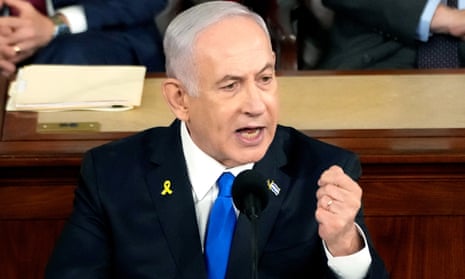Israeli Prime Minister Benjamin Netanyahu has ignited global condemnation with a provocative statement claiming that assassinating Iran’s Supreme Leader, Ayatollah Ali Khamenei, would “end the conflict” rather than escalate it. In an interview aired on ABC News on June 16, Netanyahu dismissed fears that such an act would provoke a regional war, calling it a necessary measure to halt Iran’s growing influence and alleged nuclear ambitions, reported the India Today.
“This won’t escalate the conflict—it will end it,” Netanyahu asserted, justifying the hypothetical operation as a strategic move against what he described as Iran’s perpetual aggression and nuclear threat. “Iran wants a forever war. They’re dragging the world to the brink of nuclear disaster,” he added.
Netanyahu further claimed that recent Israeli military strikes had significantly disrupted Iran’s nuclear capabilities, pushing back their advancements by “a very, very long time.”
While denying that Israel is aiming for a regime change in Iran, the Israeli leader hinted that continued military pressure could cause the current Iranian government to collapse. “The regime is already in a very weak position,” he stated, suggesting that internal unrest might soon bring about political upheaval in Tehran.
In a notable aside, Netanyahu also acknowledged maintaining ongoing communication with former U.S. President Donald Trump, indicating coordination between their approaches on Middle Eastern security.
The remarks have triggered sharp international debate, with critics warning that openly targeting a sovereign nation’s head of state sets a dangerous precedent and could plunge the region into deeper chaos. The suggestion has also drawn scrutiny under international law, which prohibits the assassination of political leaders.
Many view Netanyahu’s statement as an alarming escalation in rhetoric that could push the already fragile Iran-Israel situation into unprecedented and irreversible violence.




